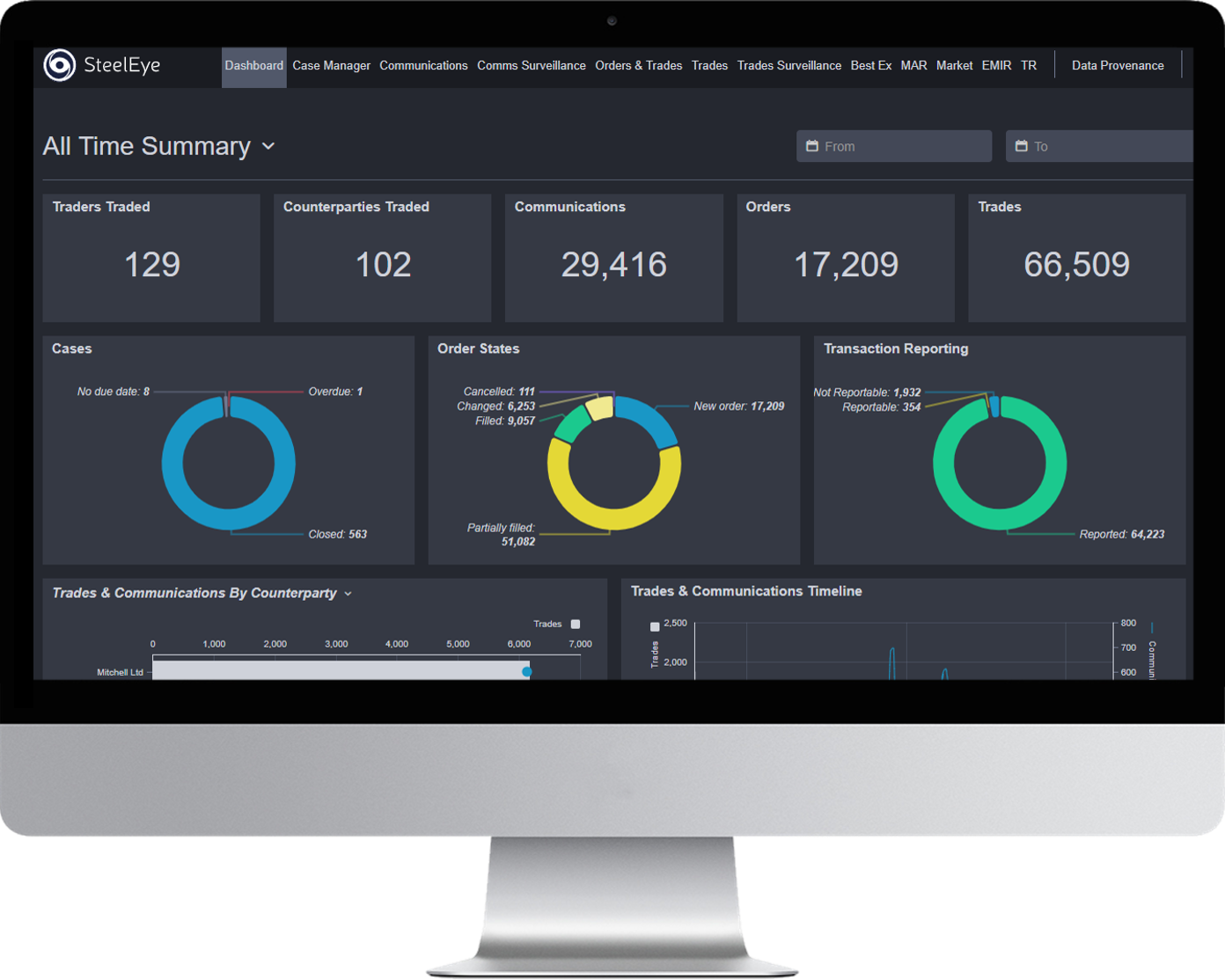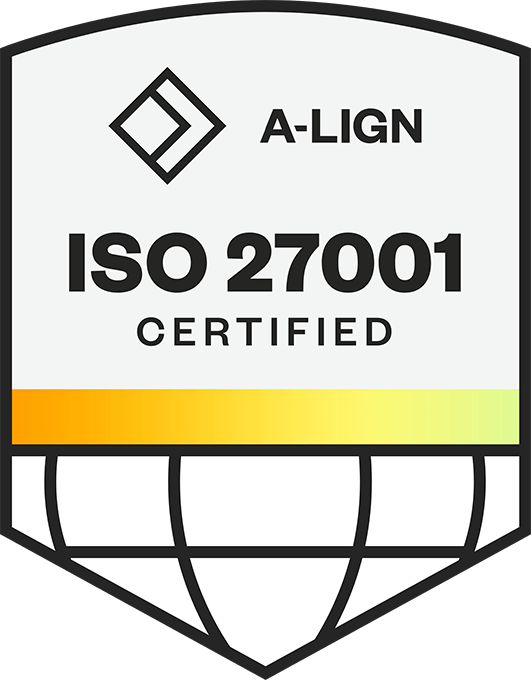Regulating the US financial markets
The Dodd-Frank Wall Street Reform and Consumer Protection Act (Dodd-Frank) was introduced in 2010 to prevent another financial crash like the one in 2008 and to promote the financial stability of the United States.
Considered the most wide-ranging piece of financial regulation in the US since the Great Depression, Dodd-Frank introduced many new regulatory requirements for financial firms. By doing so, it sought to improve accountability and transparency, end the too big to fail mentality, protect the American taxpayer by ending bailouts, and safeguard consumers from abusive financial services practices, amongst other things.
To achieve this, the Act established new government agencies to oversee parts of the US financial system, including the Financial Stability Oversight Council, Consumer Financial Protection Bureau and SEC Office of Credit Ratings.



